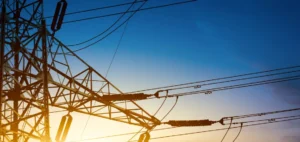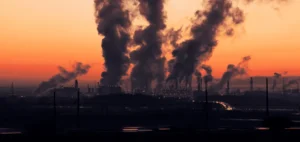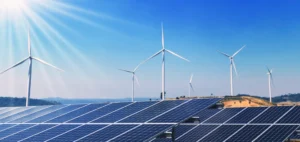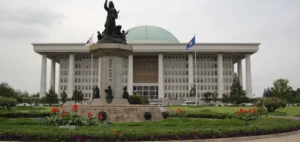The European Commission has taken a series of decisions in the field of energy, pursuing legal action against EU countries for not meeting their obligations under EU law. These decisions, covering different sectors and policy areas of the EU, aim to ensure the correct application of EU law for the benefit of citizens and businesses.
Compliance issues identified by the Commission
The key decisions taken by the Commission in the field of energy are related to the infringement procedures opened against Croatia and Romania for restricting gas and electricity exports, respectively. The Commission considers that these measures have an effect equivalent to a quantitative restriction on exports and cannot be justified under EU law.
The Commission also found that the Croatian legislation violates the public service and customer protection obligations set out in Directive 2009/73/EC. Similarly, the Romanian measure is considered to violate the above-mentioned Electricity Directive and Regulation. Both countries now have two months to remedy the shortcomings identified by the Commission, and failure to do so may result in a reasoned opinion being issued by the Commission.
In the area of radiation protection, the Commission has sent letters of formal notice to Ireland, France and Cyprus for not having correctly transposed the revised Basic Safety Standards Directive. The compliance issues identified by the Commission relate to specific requirements of the Directive, including the emergency preparedness and response provisions that were strengthened following the Fukushima nuclear accident. These Member States now have two months to remedy the shortcomings identified by the Commission, and failure to do so may result in a reasoned opinion being issued by the Commission.
Obligation to comply with the transposition and to notify the Commission
In the area of renewable energy, the Commission has sent reasoned opinions to Estonia and Finland for not fully transposing EU rules on the promotion of the use of energy from renewable sources. Both countries now have two months to comply with the transposition obligation and notify the Commission, and failure to do so may result in the Commission referring cases to the European Court of Justice.
Finally, in the area of energy performance of buildings, the Commission sent a reasoned opinion to Poland for not ensuring full transposition into national law of Directive (EU) 2018/844. The directive introduced new elements to strengthen the existing framework, such as minimum energy performance requirements for new buildings, electromobility and charging points, and new rules on the inspection of heating and air conditioning systems. Poland now has two months to comply with the transposition obligation and notify the Commission, and failure to do so may result in the Commission referring the case to the European Court of Justice.
The European Commission has taken decisions in the field of energy to ensure the correct application of EU law. Infringement proceedings have been initiated. Member States have two months to remedy the shortcomings identified by the Commission, under penalty of a reasoned opinion or referral of the cases to the Court of Justice of the European Union.






















